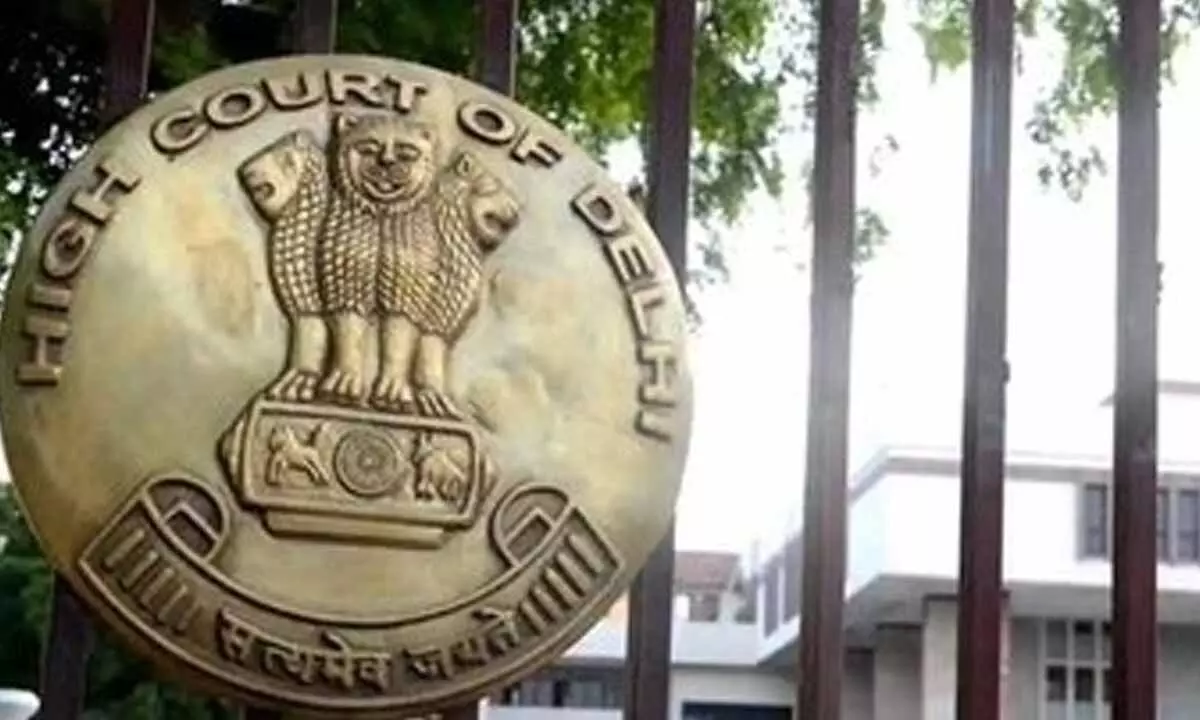Live
- 13 killed, 18 injured as landslides, flash floods hit Indonesia's North Sumatra province
- Israeli PM seeks additional delay of testimony in court for criminal trial
- JAIN International Residential School, Bengaluru jointly with The Sports School to announce India’s First Integrated Scholarship Future25
- Sale certificate issued in pursuance to a court's auction not required to be stamped: Supreme Court
- Andhra Pradesh: Jagan flays Chandrababu-led govt for neglect of education
- Sri Lanka issues flood warnings for 12 flood-prone river basin areas
- IPL 2025 Auction: Venkatesh Iyer sold to KKR for Rs 23.75 cr, Stoinis joins PBKS for Rs 11 crore
- Kharge to lead Opposition strategy meeting as Parliament session kicks off on Monday
- Three killed in firing as violence breaks out amid Sambhal mosque survey in UP
- IPL 2025 Auction: Ravichandran Ashwin, Rachin Ravindra return to Chennai Super Kings









